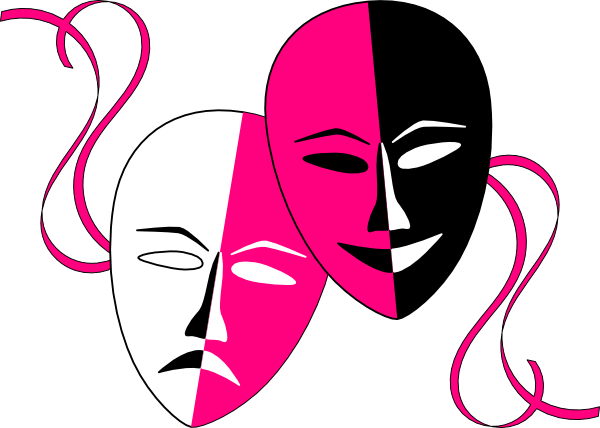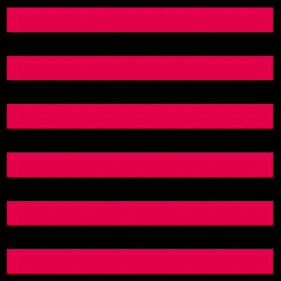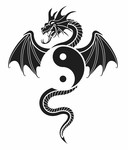









I Ching is the oldest known divination tool that predates the written history of China. However, the first known text surfaced circa 1000 B.C. The understanding of the eight original trigrams was legendarily gleaned from empirical observations of the patterns of nature and human behavior with the fusion of the duality of Tao yin and yang connection to all things. The union of yin, negative cold dark feminine forces, and yang, positive bright male forces, influences the destinies of all things; their interaction sustains universal harmony. The cycle of these forces is ever present. Their literal meanings indicate that we are always traversing a shady or sunny side of a hill. This is a hill climbing road map to the understanding of the world and a wise man’s conduct through life as a superior man. In essence, the advice is a mystical problem-solving tool that has lasted through the ages.
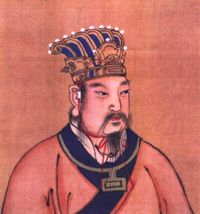 King Wen of the Shang Dynasty is bestowed the time-honored legacy as the father of the 64 divinations of I Ching, Book of Changes and also known as Tao Te Ching or Oracle. Squabbling dynasties imprisoned King Wen of Zhou. During his imprisonment, he named the hexagrams and translated this ancient oral tradition into the first known written compilation of brief explanations for each hexagram; his son King Wu expanded on his father’s work, and a few hundred years later, Confucius added expansive commentaries. Confucius' interest in the Tao Te Ching was more of an idea of living a virtuous life than a divination tool. Confucius affinity to the Oracle so devout that he reputed to have said, “If some years were added to my life, I would devote fifty of them to the study of the Oracle, and might then avoid committing great errors.”
King Wen of the Shang Dynasty is bestowed the time-honored legacy as the father of the 64 divinations of I Ching, Book of Changes and also known as Tao Te Ching or Oracle. Squabbling dynasties imprisoned King Wen of Zhou. During his imprisonment, he named the hexagrams and translated this ancient oral tradition into the first known written compilation of brief explanations for each hexagram; his son King Wu expanded on his father’s work, and a few hundred years later, Confucius added expansive commentaries. Confucius' interest in the Tao Te Ching was more of an idea of living a virtuous life than a divination tool. Confucius affinity to the Oracle so devout that he reputed to have said, “If some years were added to my life, I would devote fifty of them to the study of the Oracle, and might then avoid committing great errors.”
Intriguingly, Carl Jung, father of symbolism who coined the shadow-self theory, was intensely interested in I Ching and Tarot cards, which brought about the burgeoning modern interest. From Jung’s experiences with I Ching, he introduced the concept of synchronicity: some events are "meaningful coincidences" that have no apparent causal relationship yet seem to be significantly related. Jung stated that, “Synchronicity is ever present for those who have eyes to see” and believed the living power of the I Ching is an experience that’s capable of profoundly transforming our thoughts. He went so far as to connect natural patterns of life to a collective unconscious, psychic collective common to humankind through memories, instincts and experiences; in essence a shared unconscious mind of human beings. In his mind, it even went deeper with the notion that Tao is the interaction between the mind and reality for a melding of mind, spirit, body with time and space linked into action and non-action and being and non-being, which brings in the ever present concept of the duality of yin and yang.
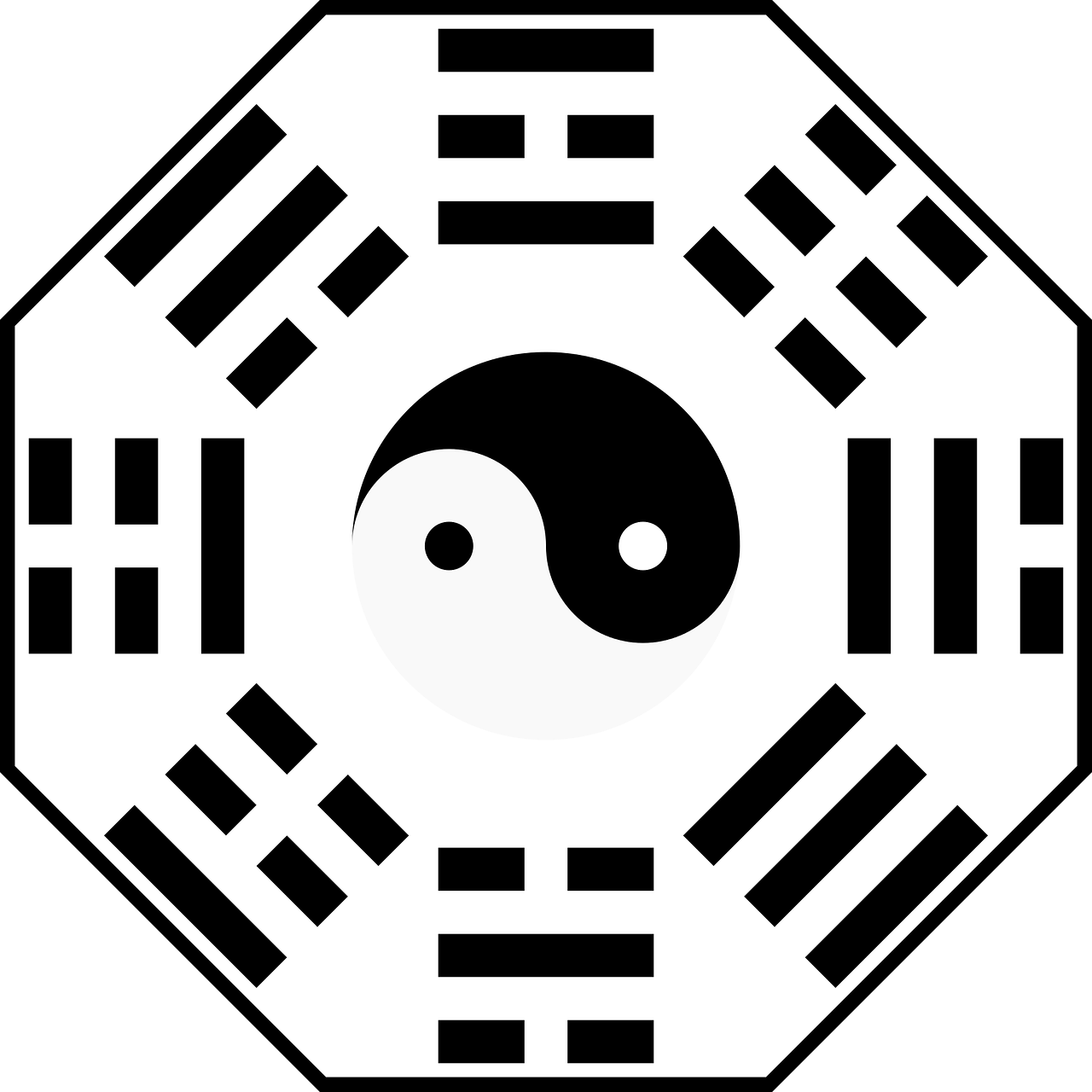 The yin and yang principle contends all things that exist are inseparable and contradictory opposites; this harmonization of balance gives birth to all things. The symbolic circle with its flowing division of black and white transforms into linear representations of a broken line for yin– – and an unbroken line — for yang for I Ching divination. Combinations and permutations of three-staked lines create eight trigrams. Bagua is the name of the pictogram shown to the left and literally means eight symbols, which is Tao’s representation of the fundamental principles of reality. Two trigrams from the Bagua are paired to make a combination of 64 hexagrams of six lines. Each hexagram (divination symbol) examines the flow of energy, outlines the ambiance of a situation, and offers the best mode of action.
The yin and yang principle contends all things that exist are inseparable and contradictory opposites; this harmonization of balance gives birth to all things. The symbolic circle with its flowing division of black and white transforms into linear representations of a broken line for yin– – and an unbroken line — for yang for I Ching divination. Combinations and permutations of three-staked lines create eight trigrams. Bagua is the name of the pictogram shown to the left and literally means eight symbols, which is Tao’s representation of the fundamental principles of reality. Two trigrams from the Bagua are paired to make a combination of 64 hexagrams of six lines. Each hexagram (divination symbol) examines the flow of energy, outlines the ambiance of a situation, and offers the best mode of action.
The most common method of I Ching divination is tossing three coins six times to build the six-line hexagram pattern. However, traditionally 50 yarrow stalks (sticks) with one cast aside to make 49 are numerically sorted by 4s with the remainder conferred to building the hexagram. Although the process is a little more complicated than my above simplistic reviews, learning the I Ching divination methods will take you no time to master with the right teacher. I Ching philosophies and sacred secrets for how the "Superior Person" should conduct himself or herself in certain situations is revealed by the castings. My own brief modern translation of each hexagram can be found at my I Ching Meanings page.
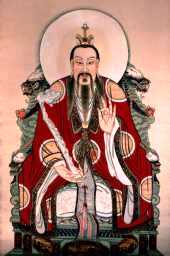
If you are depressed,
you are living in the past
If you are anxious,
you are living in the future
If you are at peace,
you are living in the present
–Tao Master Lao Tzu
Home
